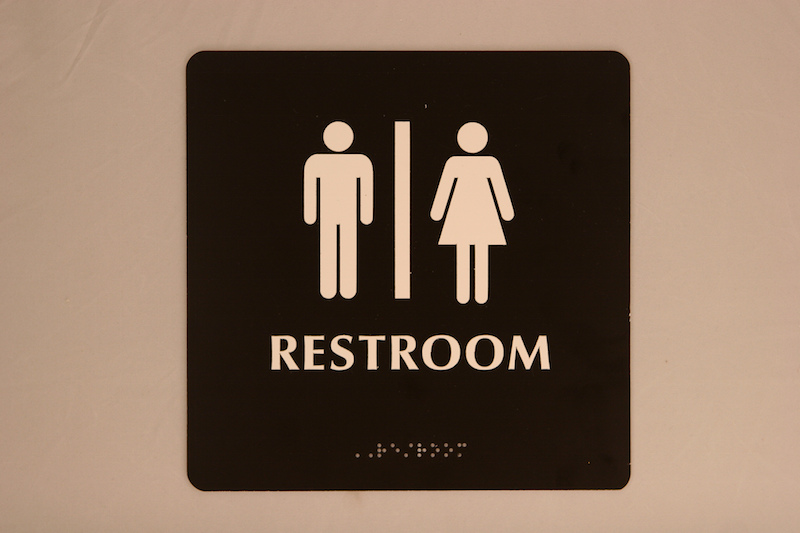Municipal elections in presidential off-years usually don’t attract too much attention. But the Houston Equal Rights Ordinance (HERO) is the exception to that rule.
Proposition 1 on Houston voters’ ballots, HERO, derisively known as the “bathroom ordinance,” is getting a lot of national attention.
Florian Martin has been covering the story for Houston Public Media. Martin says Houston Mayor Annise Parker got a lot of opposition from conservative pastors when she first introduced HERO.
“[They] had an issue with a part of the ordinance that basically said, ‘Depending on your gender identity, you can choose which bathroom you want to use,’” Martin says. “So if you were a transgender woman born as a man, you have the right to go into a women’s bathroom.”
The ordinance was amended to take out the section concerning restrooms before City Council approved it. The Texas Supreme Court found a procedural issue with the Houston City Council’s rejection of a petition to repeal, which is why voters are now being asked to decide its fate.
HERO also covers employment, housing and business protections against discrimination based on race, gender identity, ethnicity, age, national origin, marital status, religion, disability, sexual orientation, veteran status and additional characteristics.
“The gender identity provision is still in there, and theoretically still has the same effect,” Martin says. “You can’t block someone from going into a bathroom that conforms with their gender identity.”
Even with the specific language removed, HERO has been popularized nationwide as the “bathroom ordinance.” There’s no mention of bathrooms, restrooms or showers; those issues would be addressed under “public accommodation.”
Opponents to HERO’s newest iteration say that it’s not about intolerance over transgender issues, but a safety concern for the public.
“A man who could pretend to be transgender… could go into a women’s bathroom and harass women and girls,” Martin says. “How much of it is fear and how much of it is fear mongering — who knows?”
A KUHF/KHOU 2015 Houston Municipal Election Survey conducted by the University of Houston Center for Public Policy & Rice University keeps track of how the public may vote on items on the ballot, including HERO.
Martin says the controversy could turn out more voters.
“There’s a lot of ads on television in Houston and on the radio,” Martin says. “Our poll that we conducted found that a pretty big part of the voting population has already made up their mind on this, and it’s likely that this election will turn out more voters because of this issue.”















